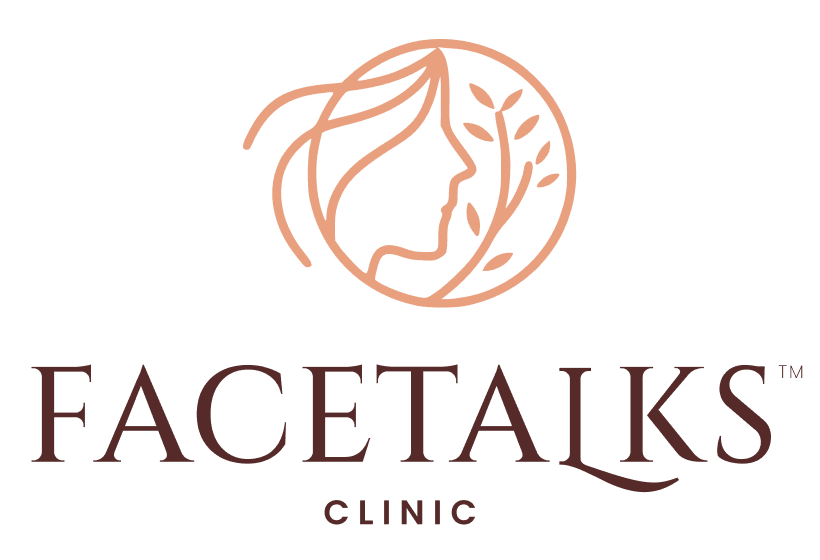Hair loss is often a sensitive subject for many, and it can impact people in numerous ways, both physically and emotionally. Alopecia causes are varied, and understanding these can be crucial for addressing the problem. In this blog, we’ll explore different types of alopecia, what triggers them, and possible solutions to tackle these issues effectively. It’s important to highlight that alopecia causes not only physical but also emotional distress, influencing a person’s confidence and self-esteem.
Unraveling Alopecia: Types and Triggers
Alopecia, commonly referred to as hair loss, comes in various forms. Two main types are alopecia areata and androgenetic alopecia. Alopecia areata is an autoimmune condition where the immune system mistakenly attacks hair follicles. On the other hand, androgenetic alopecia is rooted in genetic factors that affect individuals over time.
Key triggers for these disorders include: – Genetic predisposition: Family history can play a significant role. – Autoimmune responses: This can directly attack hair follicles, leading to hair loss. – Lifestyle factors: Stress, an unhealthy diet, and poor nutrition greatly impact hair health.
Hair loss and genetics go hand in hand. Those with a family history of hair loss are more prone to experiencing it themselves. Nutrition and deficiency in essential vitamins like Vitamin D and iron can also contribute to hair loss, pressing the importance of maintaining a balanced diet for hair vitality.
Navigating Hair Loss Solutions: Treatments and Strategies
When it comes to treatments, there are several hair loss treatment options available. These include both medical and lifestyle approaches to help restore hair growth and manage hair loss effectively.
Current medical treatments include: – Immunotherapies: Used to target and suppress the immune attack on hair follicles. – Corticosteroids: Help in reducing inflammation and might foster regrowth. – Topical solutions: Such as minoxidil can stimulate hair follicle activity.
Besides medical interventions, lifestyle changes also play a critical role. Incorporating a balanced diet, regular exercise, and adequate sleep all contribute to healthier hair. Supplements to correct deficiencies in vitamin D and iron can also support hair health.
Addressing underlying health problems and adopting a holistic approach which includes natural remedies can also yield positive results in the battle against hair loss causes.
Empowering Mind and Body: Coping with Alopecia
Hair loss impacts not just the body but also the mind. Coping with it requires a well-rounded strategy. Here’s how you can tackle the emotional side of hair loss:
- Mindfulness and relaxation techniques: Practices like meditation and yoga can help ease stress, a known trigger for hair loss.
- Support systems: Joining support groups where you can share experiences with others dealing with hair loss can ease the journey.
- Expert opinions: Dermatologists often recommend non-invasive cosmetic options which can temporarily improve appearance.
By understanding facts and debunking myths, such as those linking hair fall and vitamin D excessively without noted evidence, you can make informed decisions. Dermatologist testimonials affirm that managing stress and emotional support are pivotal in combatting the emotional effects of hair loss.
Conclusion: Pursuing Hope and Knowledge in Alopecia
The causes of alopecia are complex, intertwining factors related to genetics, autoimmune responses, and lifestyle choices. Solutions lie in combining medical and lifestyle approaches and remaining informed. It’s crucial to consult medical professionals to tailor strategies specific to your needs. Moreover, keeping an open mind towards new research and treatments opens more doors to hope and recovery in tackling hair loss causes effectively. Engaging in a comprehensive regime, from medical help to lifestyle modifications, offers a path toward regaining control over hair health.
Alopecia is a condition that causes hair loss, either in small patches or across the scalp, and can affect both men and women. It can be caused by a variety of factors, including genetics, autoimmune disorders, stress, or hormonal imbalances. If you’re experiencing hair loss, early intervention is key to managing the condition and exploring treatment options that can help restore your hair.
Face Talks specializes in hair restoration treatments and personalized care for individuals dealing with alopecia.
Don’t let hair loss affect your confidence—consult Face Talks today for an expert evaluation and customized treatment plan to help you regain your hair and confidence.

